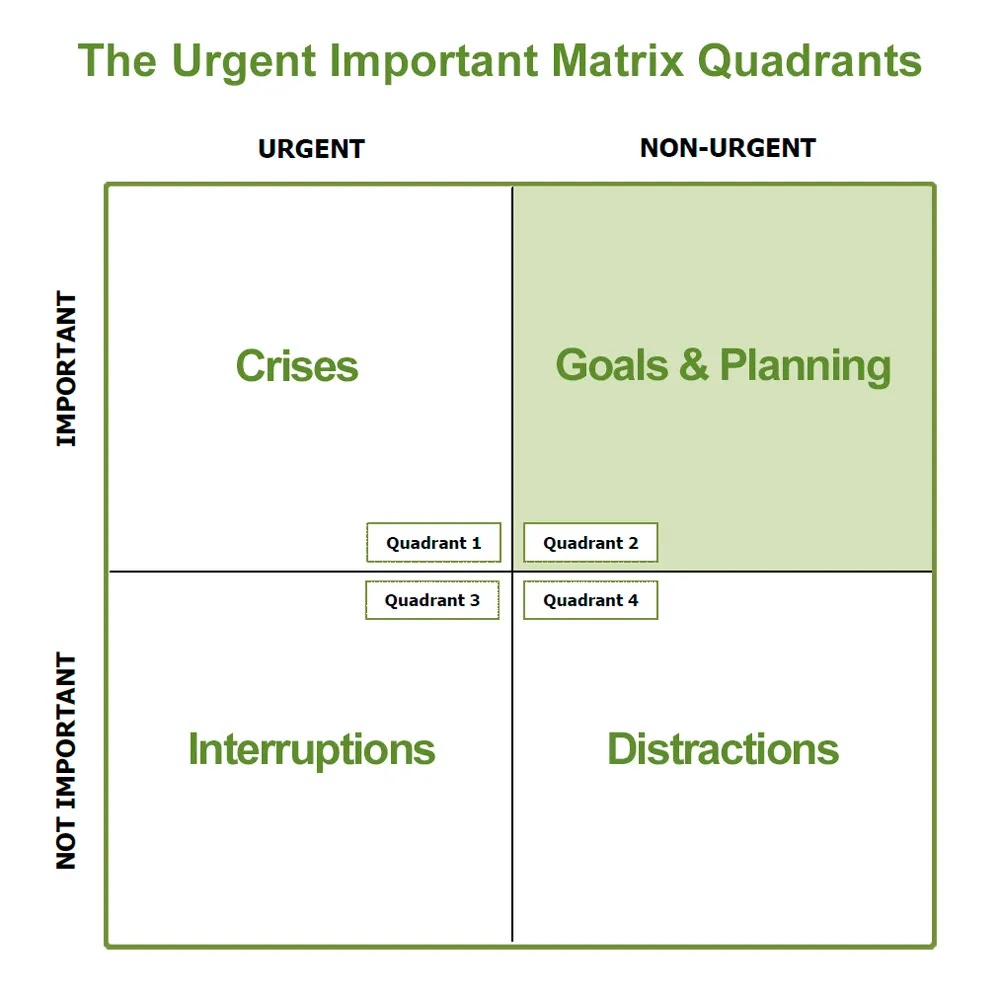Does this feel like we are all warming up for the big jump?
This term is being challenging for me on many levels:
I have just finished touring and presented for the last time, my latest piece. Starving Dingoes. I am so proud of that piece, I love it, viscerally. It divides like crazy, it keeps evolving (jumping back on what Matthew mentioned in a comment on my previous blog post: yes I believe the end result keeps evolving, it grows, it matures...and all this before (because of even maybe!) the eyes of an audience, which is so exciting to me. We performed it 19 times in total. This tour involved:
1. Extra funding
2. Extra childcare organisation
3. Extra rehearsal
4. The usual admin around a show (marketing / contracts reading / fees paying etc.)
5. Emotional readiness
6. Mental readiness
7. Slight decompression before..
8. Financial reports, invoices, thanks.
I am only out of that phase and jumping head back into my next professional deadline:
1. ACE application submission
2. Workshop prep
3. On my own with the kids for the next 3 weeks.
MENTAL READINESS
INTELLECTUAL OPEN_NESS
Has anyone ever heard about this TO DO list method:
Organise your to dos in 4 categories:
1. Important and Urgent
2. Important but not Urgent
3. Urgent but not Important
4. Not Urgent Not Important
This SAVED MY A** and my sanity. I have been using it for the past 10 months or so and it really made a difference in the way I work, in the way I feel while working and while NOT working. Oh and that goes without saying: the 4th part is always empty. Like, I haven't yet been able to not treat or consider something not urgent nor important.
I thought this could help us for when we start gathering data / writing etc. next module.
I guess another thing I find challenging this module is the pragmatism of its content. It is all about getting ready. Getting ready and understanding the methodology, getting ready and imagining our timeline, getting ready for the big jump.
Again, being action orientated, I long for Module 3. I feel I am taking a good momentum and cannot wait for the adrenaline the big jump will provide me with.
Example of the Quadrant


Commentaires
Enregistrer un commentaire